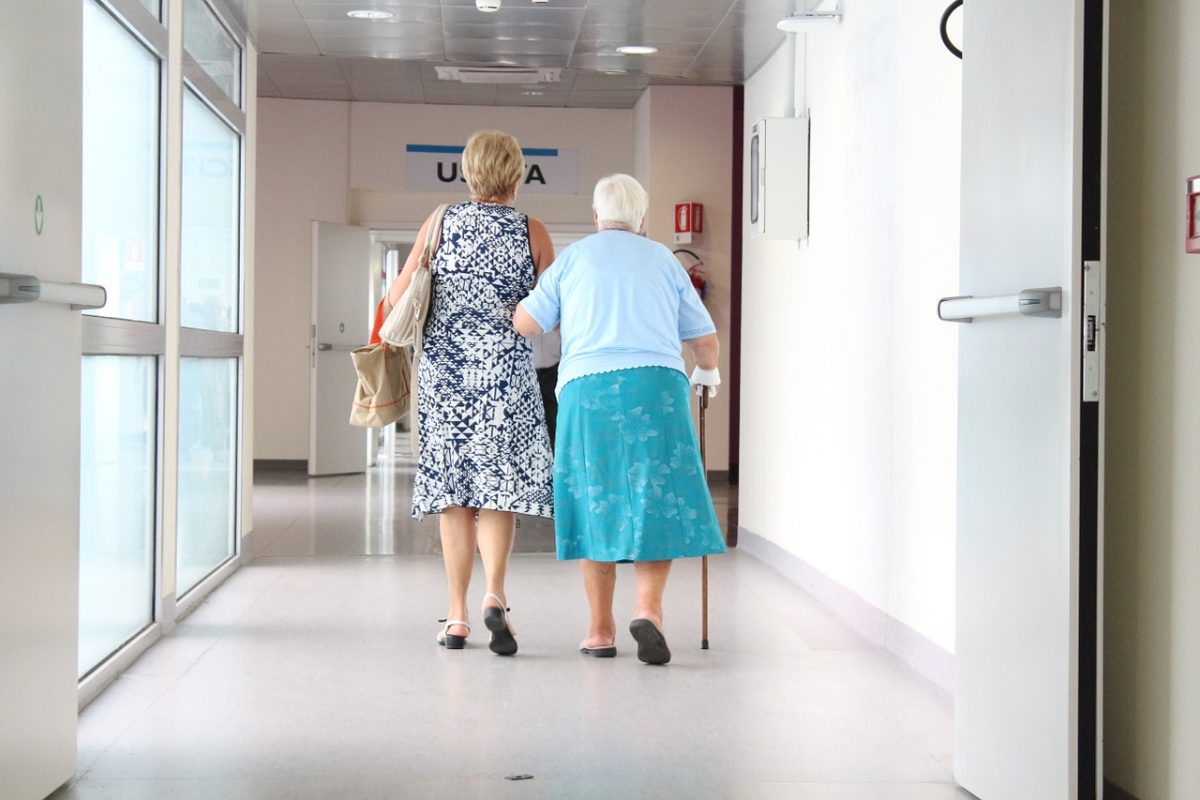IFS assess whether work search requirements for out-of-work welfare claimants are effective in inducing individuals to work & delivering fiscal savings
Between 1978 and 1997, contracted-out defined benefit pension schemes were required to provide a Guaranteed Minimum Pension (GMP). This briefing looks at the arrangements for increasing GMP rights for people reaching State Pension age before and after 6 April 2016 and for members of public service pension schemes.
Universal Credit (UC) has streamlined and simplified the benefits system by combining six “legacy”[footnote 1] benefits into a single monthly payment.
By the end of 2018, UC was rolled out to all Jobcentres for new claimants and as of August 2022 there were 4.2m households in payment on UC. However, there remain 2.5m households claiming legacy benefits and tax credits who have yet to move over to UC. Moving those remaining claimants will ensure that the policy goals of UC are fully realised and enable relevant legacy systems to be scaled down or closed entirely.
Cohabiting parents with dependent children who need support following the death of their partner can apply for bereavement benefits from tomorrow (9 February 2023).
Quarterly release of statistics on Benefit Sanctions and includes data up to October 2022.
This briefing paper looks at trends in income inequality in the UK over the last 50 years, as well as the impact of the rising cost of living and the coronavirus pandemic. It provides analysis on income inequality between UK regions and countries, ethnic groups, and by disability status.
Councils to be allocated money to directly help those most in need with essential food and energy costs until 31 March 2024.
Funding for health services in England comes from the Department for Health and Social Care’s budget. Planned spending for the Department of Health and Social Care in England is £180.2 billion in 2022/23. The majority of the Department’s spending (£152.6 billion in 2022/23) is passed to NHS England and NHS Improvement for spending on health services.
A summary of statistics on suicide in the UK. Includes trends by gender, age, English region, and deprivation.
Ambulances and hospitals are under huge pressure – in October 2022, hospital waiting lists hit a record high of 7.2 million, with nearly 411,000 waiting over a year. More than 1 in 10 people with a serious condition such as a stroke or chest pain waited over 105 minutes for an ambulance in November, while nearly 38,000 people spent more than 12 hours on trolleys in A&E. Contributing to these delays is the fact that over 13,000 people who could have been discharged were stuck in hospital due to a lack of social care and community support.




